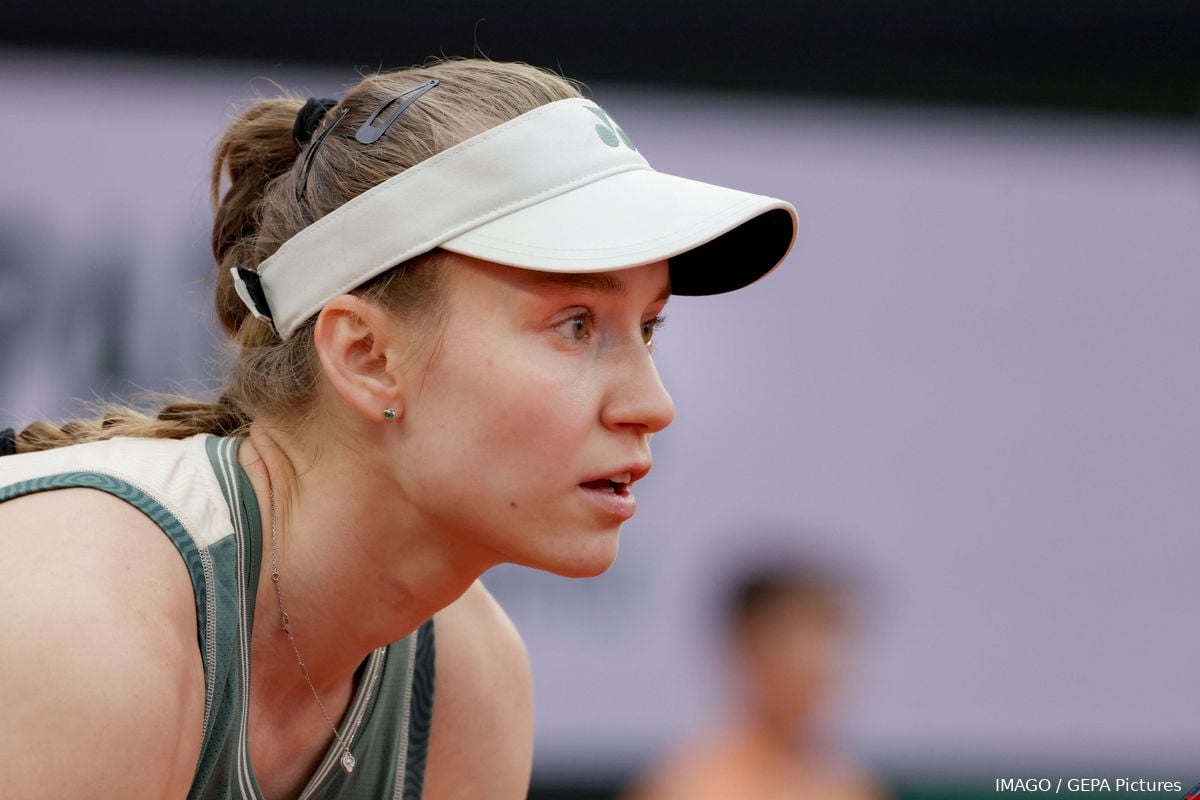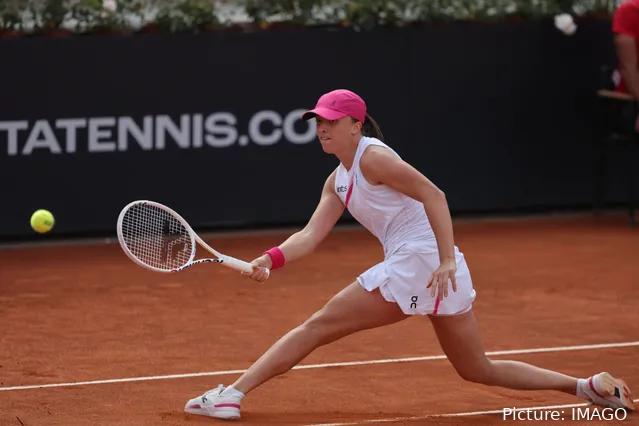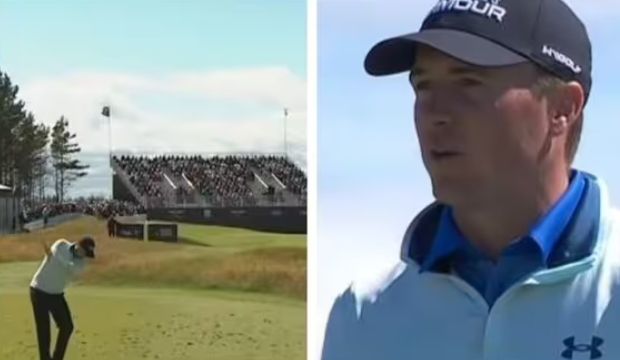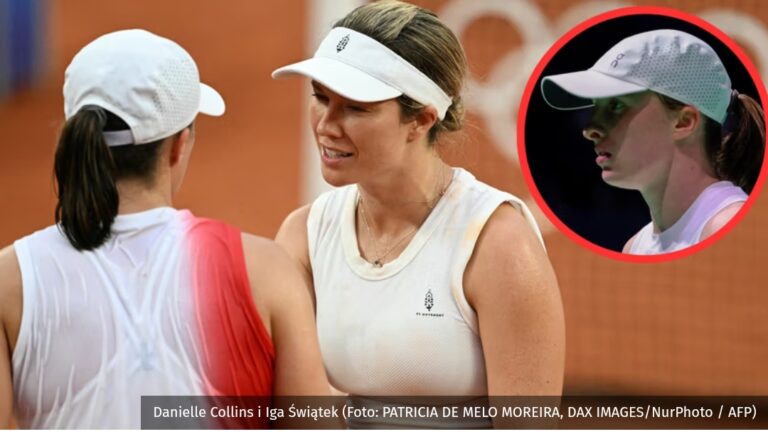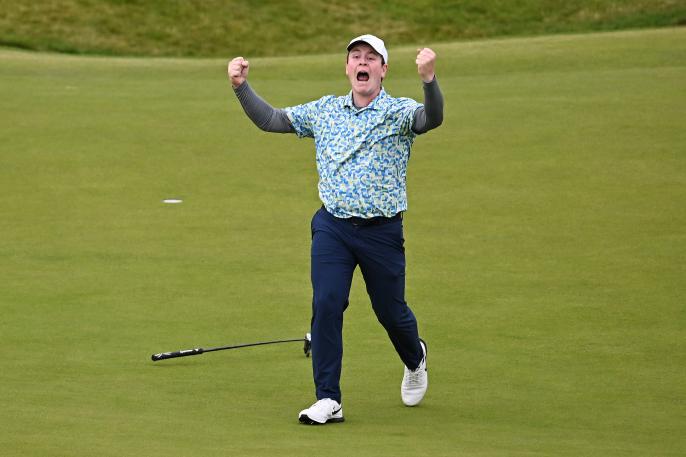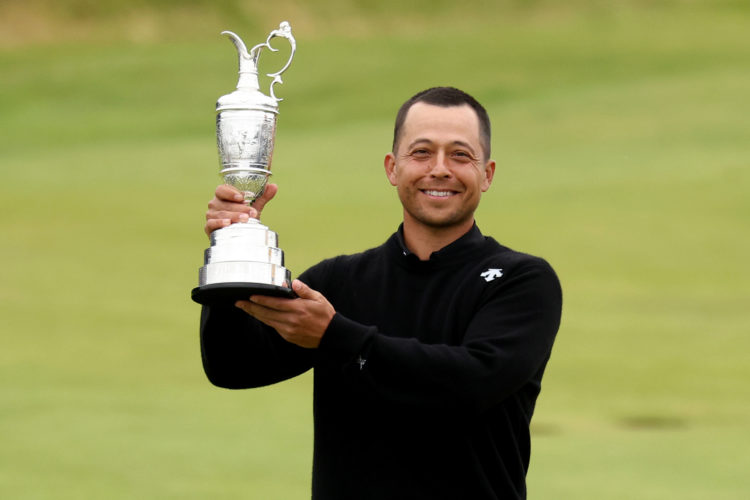Andy Murray’s former coach says Elena Rybakina has made a ‘dubious’ decision which he hopes won’t……….. Read more
Andy Murray’s Former Coach Criticizes Elena Rybakina’s ‘Dubious’ Decision, Hopes for Future Improvement
Elena Rybakina, the Kazakh tennis star and 2022 Wimbledon champion, has recently come under scrutiny for a decision that has raised eyebrows in the tennis world. Former coach of Andy Murray, Mark Petchey, weighed in on the matter, calling her choice “dubious” and expressing hope that such decisions won’t be repeated in the future.
Petchey, a highly respected figure in the tennis coaching world, made these comments after Rybakina withdrew from the US Open 2024 before her third-round match. The withdrawal came as a surprise to many, especially given her status as one of the top contenders for the title. While Rybakina cited ongoing health issues—specifically, struggles with illness and physical fatigue—for her exit, some observers believe she could have managed the situation differently.
Petchey, known for his no-nonsense approach to coaching and analysis, voiced concern over what he sees as a pattern of questionable decisions from Rybakina’s camp. He commented that while athletes must prioritize their health, the timing and manner of such withdrawals can leave an impact on both their reputation and the tournaments they participate in.
“Of course, players need to make decisions that safeguard their careers,” Petchey said, “but I feel this was a dubious call. She’s one of the most talented players on tour, and I hope we don’t see something like this again, especially during a major event.”
Petchey’s criticism hints at the importance of strategic decision-making in professional tennis. Players must navigate a delicate balance between preserving their physical well-being and fulfilling the demands of the sport’s calendar, especially during prestigious events like the Grand Slams. Rybakina, despite her rapid rise and success, has faced challenges with consistency, partly due to health issues. Petchey’s remarks suggest that she might benefit from rethinking how she approaches such situations in the future.
Rybakina’s withdrawal was particularly disappointing given her strong performances earlier in the season. She had been one of the favorites to challenge for the US Open title, alongside the likes of Iga Świątek, Aryna Sabalenka, and Jessica Pegula. Fans and pundits alike had expected a deep run from her, and her sudden exit left a void in the draw.
Despite the criticism, it’s clear that Rybakina is still one of the most promising talents in women’s tennis. Her ability to dominate on court, especially with her powerful serve and aggressive baseline play, makes her a formidable opponent on any surface. Petchey’s comments, while sharp, may serve as a reminder of the high expectations surrounding her career and the pressures that come with being a top contender.
As the tennis world moves forward, all eyes will be on how Rybakina manages her health and decision-making in future tournaments. While Petchey’s critique may sting, it also underscores the need for a clear plan that balances athletic performance and long-term health, something every elite player must navigate carefully.
Rybakina’s next steps will be critical, not just for her own career trajectory but also for how she’s perceived by fans and fellow players. With her talent, the potential for more Grand Slam success is undeniable—if she can manage to stay healthy and avoid the pitfalls that Petchey has pointed out.
